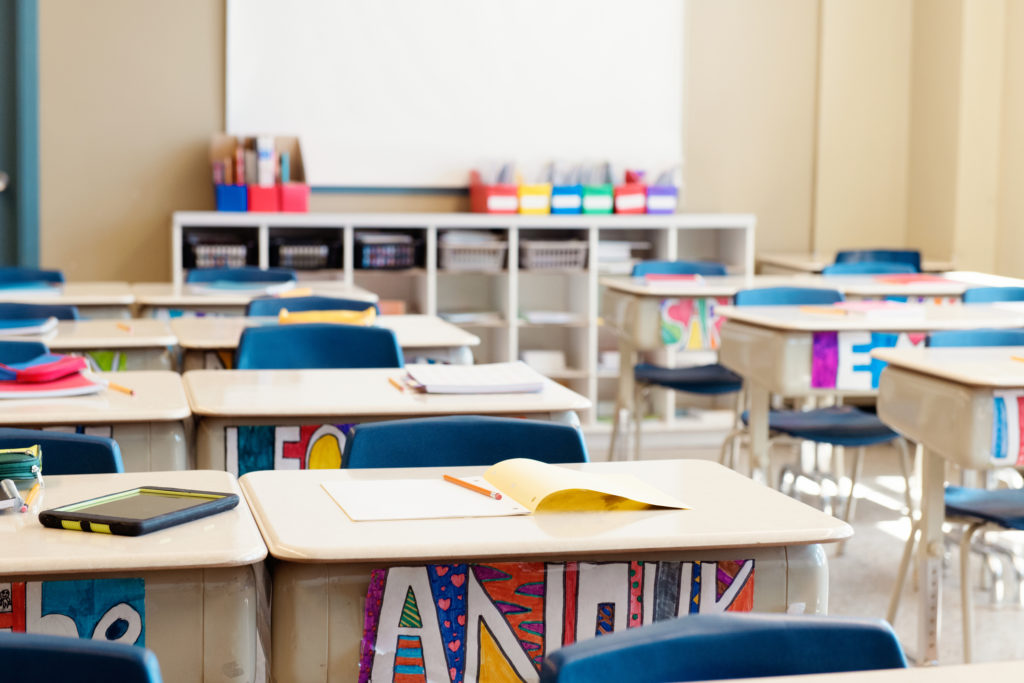THOUGH STRICT restrictions could remain in place until early May, some primary school pupils and Leaving Certificate students are set to return to school by early March.
The Cabinet Covid-19 Committee will convene again on Monday before finalising its decision, but the plan for a partial return to school would include a range of pupils – including junior and senior infants, first and second class, and Leaving Certificate students – getting back into full time education.
As the beginning of a more general phased return for schools, it would be followed by a gap of two to three weeks until other classes would return to ensure the situation can be monitored properly, RTE reports.
So far, this reopening has been the only concession that the Government and public health experts are willing to make on current Covid-19 restrictions.
Ministers at yesterday’s meeting indicated that broader, society-wide restrictions may not be eased up until early May.
Cabinet will meet on Tuesday to make a final decision on schools.

The 'Living with Covid' document, detailing the rules for day-to-day life under lockdown, was also discussed during the committee meeting, and will be finalised next week.
It is understood that the plan and will be amended to reflect new realities and to provide more information on the vaccine roll-out programme.
Though it will give a general overview of when retail and hospitality, among other things, may reopen, it will not give definitive dates as to when this will happen.
NPHET is thought to have advised that phased reopening of schools was feasible from early March, with Deputy Chief Medical Officer Dr Ronan Glynn also present at the meeting.
Promisingly, the timetables for Leaving Cert have now been published, with the first written exam scheduled for 9 June.
The new hybrid system, announced by the Government yesterday, will let students chose between traditional exams or predicted grades.
Minister for Education Norma Foley said that the new arrangement is a fair way to assess the Leaving Cert.
However, both the Teachers Union of Ireland and the Association of Secondary Teachers in Ireland have expressed their reservations about some aspects of the plan.

